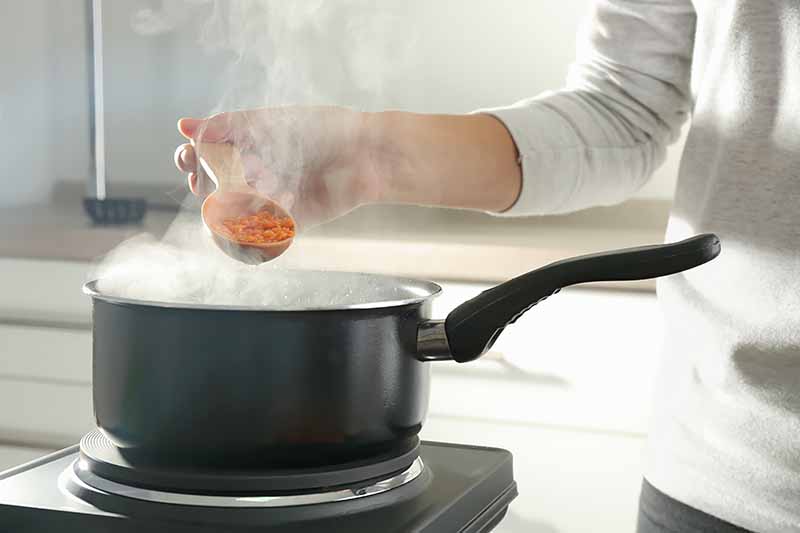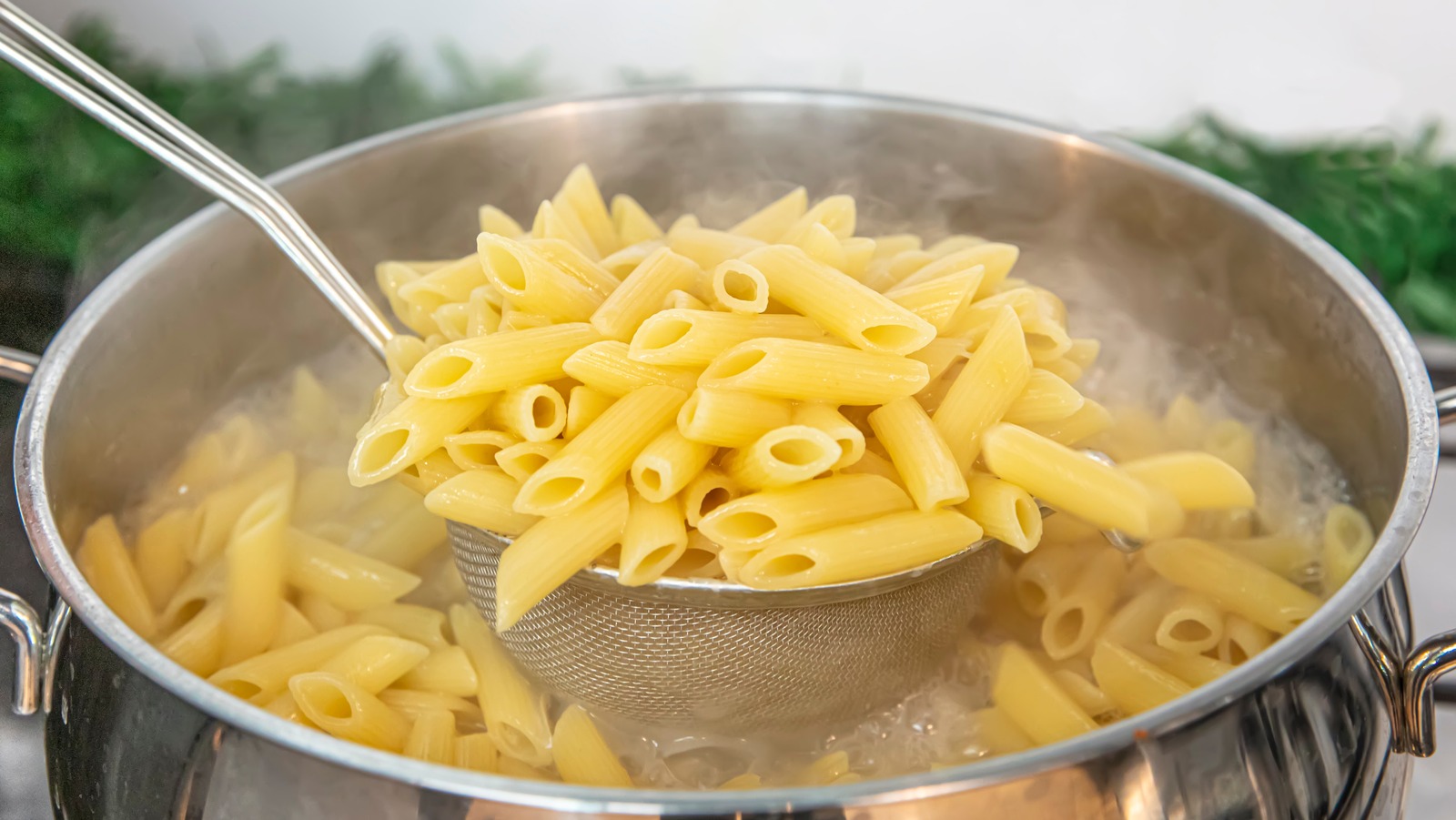What is the Best Saucepan Material for BBQ Enthusiasts?
Written By James Morgan
If you're passionate about barbecue, then you know that having the right tools can make all the difference. This extends beyond just the grill itselfhaving a high-quality saucepan can elevate your entire culinary experience. But what is the best saucepan material for this purpose? Let's dive in and explore the options that will best complement your grilling activities while ensuring durability and performance.

Aluminum Saucepans: Lightweight and Affordable
Aluminum is one of the most common materials used for saucepans. It is lightweight and conducts heat evenly, making it an excellent choice for quick cooking tasks. This could be particularly useful when you need to whip up a quick sauce for your BBQ meats. However, aluminum is generally not as durable as other materials and can be prone to scratching and denting.
Benefits of Aluminum
- Excellent heat conductivity
- Lightweight and easy to handle
- Budget-friendly
Drawbacks of Aluminum
- Prone to scratches and dents
- Can react with acidic foods

Stainless Steel Saucepans: Durability and Versatility
Stainless steel is another popular choice for saucepans. Known for its durability and versatility, stainless steel can handle a variety of cooking tasks, from simmering a delicate sauce to boiling pasta. It is also resistant to corrosion and does not react with food, making it a safe and reliable option.
Benefits of Stainless Steel
- Extremely durable
- Resistant to corrosion
- Non-reactive with foods
- Easy to clean
Drawbacks of Stainless Steel
- Poor heat conductivity compared to other materials
- Can be heavy
If you want to know how to make poached eggs in a stainless steel saucepan, you can read more here.

Copper Saucepans: Superior Heat Conductivity
Copper is often regarded as the best material for cookware, including saucepans, due to its superior heat conductivity. This allows for precise temperature control, which is crucial for delicate sauces and custards. However, copper is usually more expensive and requires regular maintenance to keep it looking its best.
Benefits of Copper
- Superior heat conductivity
- Precision in temperature control
- Attractive appearance
Drawbacks of Copper
- Expensive
- Requires regular maintenance
- Can react with acidic foods
For those looking to make an investment in their cookware, the Made In Cookwares copper saucepan could be an excellent choice.

Cast Iron Saucepans: The Classic Choice
Cast iron is a favorite among barbecue enthusiasts for its durability and superior heat retention. A cast iron saucepan is ideal for slow-cooking stews and sauces directly on the grill. However, it is heavy and requires seasoning to maintain its non-stick properties.
Benefits of Cast Iron
- Excellent heat retention
- Durable and long-lasting
- Ideal for slow-cooking
Drawbacks of Cast Iron
- Heavy
- Requires regular seasoning
- Can be prone to rusting if not properly maintained
Learn more about cast iron and its uses in BBQ from this article.
Non-Stick Saucepans: Easy Cleanup Options
Non-stick saucepans are incredibly convenient due to their easy cleanup and non-stick surface, which means you can cook with less oil. This can be particularly useful when making lighter sauces or sautéing vegetables for your BBQ sides. However, non-stick coatings can wear off over time and may not be suitable for high-heat cooking.
Benefits of Non-Stick
- Easy to clean
- Requires less oil for cooking
- Ideal for delicate foods
Drawbacks of Non-Stick
- Coating can wear off
- Not suitable for high-heat cooking
- Can be less durable overall
For more information on how to keep your non-stick saucepan in tip-top shape, check out our guide.
Factors to Consider When Choosing a Saucepan
1. Heat Conductivity
Different materials conduct heat at different rates. If precision and even cooking are important to you, materials like copper and aluminum are excellent choices.
2. Durability
Look for materials that are resistant to scratches, dents, and corrosion. Stainless steel and cast iron are known for their durability.
3. Maintenance
Some materials require more maintenance than others. For example, cast iron and copper need regular upkeep to maintain their performance and appearance.
4. Price
Your budget will also dictate what kind of saucepan you can afford. While copper is often the priciest, aluminum and non-stick options tend to be more budget-friendly.
Conclusion
Choosing the best saucepan material ultimately depends on your specific needs and preferences. Whether you prioritize heat conductivity, durability, or ease of maintenance, there is a saucepan out there that will perfectly complement your BBQ endeavors. Happy grilling!
As an Amazon Associate, I earn from qualifying purchases.
Frequently Asked Questions
1. Can I use a cast iron saucepan on a BBQ grill?
Absolutely! Cast iron saucepans are perfect for slow-cooking stews and sauces on a BBQ grill due to their excellent heat retention.
2. How do I maintain a copper saucepan?
Copper saucepans require regular polishing to maintain their appearance. Make sure to clean them immediately after use to prevent tarnishing, and use a copper cleaner for the best results.
3. Are non-stick saucepans safe for high-heat cooking?
Non-stick saucepans are generally not recommended for high-heat cooking as the coating can wear off. They are best used for medium to low-heat cooking.
For more details on saucepans, you can read this article
For additional BBQ related tips, visit the sizziling page



